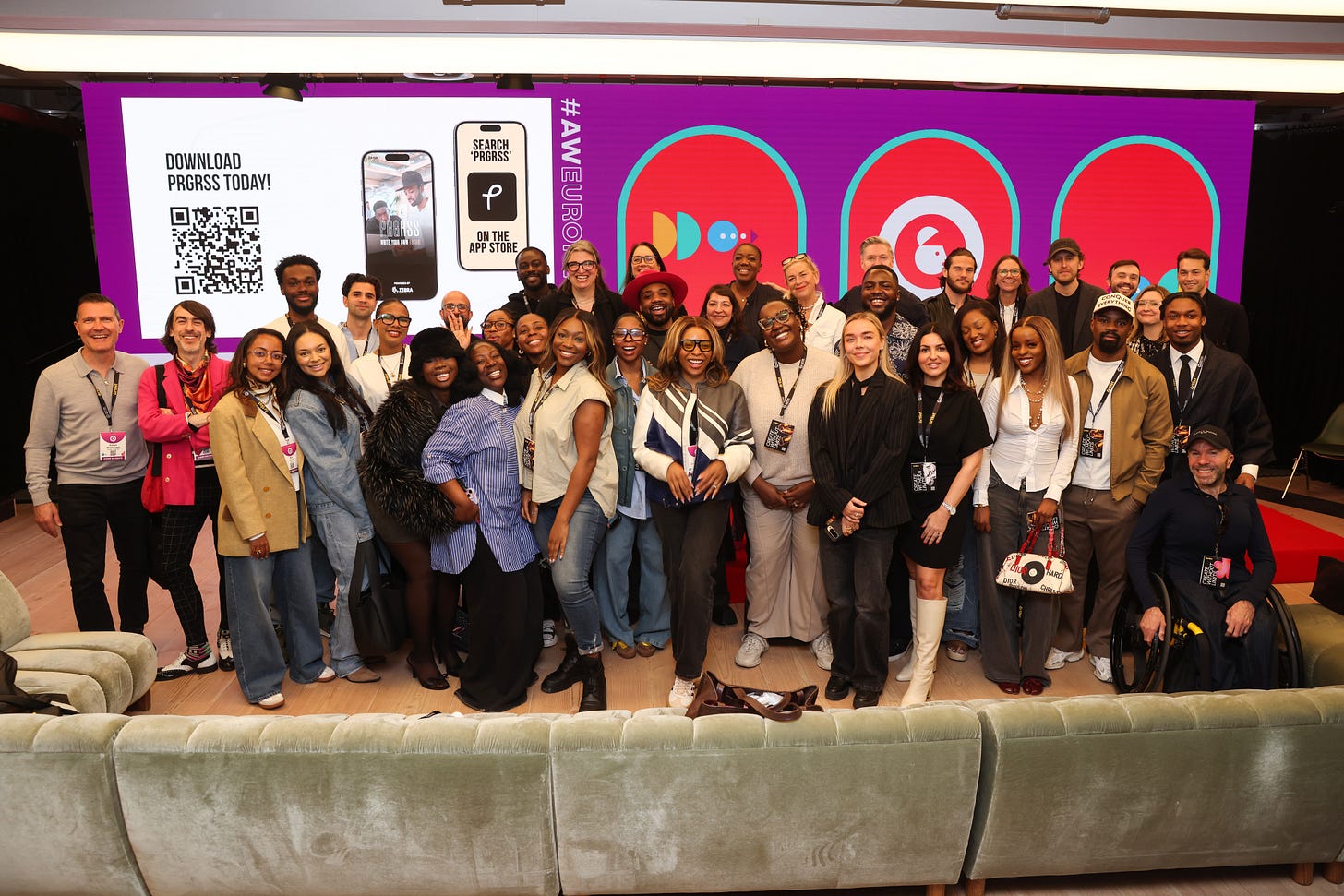Belonging: Shared Goals
Why the right circle of people, clear goals, and an understanding of purpose are key elements to success
“It was clear to see their appreciation of goals hadn’t developed beyond the realm of school, which to some degree frustrated me because it was evident the impact that this had on their direction and strategy.”
Why do we find it difficult to collaborate?
When preparing for my final International Baccalaureate (IB) exams, I was approached by a classmate to revise together.
Instinctively, almost as a way to protect myself, I nearly said “I’ll think about it” to give myself time to brainstorm reasons why it wouldn’t work.
I had never split the workload when it comes to revision.
But this was someone on target to achieve the highest grade just like me, so there must be some reason behind the proposition, right?
So, I welcomed the idea and after a couple of days the plan was put into fruition.
Naturally, we trust our abilities and see sharing responsibility as a risk.
Fear of giving too much/getting too little
Fear of disappointment and feeling silly if the risk doesn’t pay off
Trust in oneself?
But the plan was straightforward: Revise sections of the syllabus together and touch base each week.
Very simple.
Now when I look back, I think about that competitive academic spirit that I grew up with.
I ask myself:
Had I been hardwired to tunnel-vision and only trust my abilities when in high stakes situations?
Without going too deeply into it, I presume it is a natural tendency that we have to overcome.
When we collaborate, we have to overcome the urge to remain independent even when it doesn’t cost us much, like reaching out to someone you wish to learn from.
The bottom line is that two brains are better than one.




